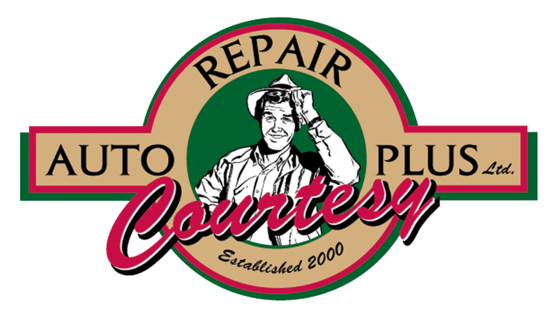The Light Nobody Wants to See (Check Engine Light)
October 8, 2023
You've probably had your Check Engine Light go on. Then it goes off and you figure, hey, whatever the problem was, it's gone now and I don't have to worry about it. Well, the problem may have gone away and it may not have.
Your vehicle likely has one of these warning lights on the instrument panel: an amber light that looks like an engine or reads "Check Engine" or "Service Vehicle Soon." If that light comes on and stays on, it usually means there's something amiss but not urgently in need of service. (Now if it's blinking, that's another story that we'll deal with in a minute.)
Sometimes when it comes on and stays steadily lit, the problem will go away and the light will go out. Sometimes it will stay on until you get the problem fixed. Either way, the engine's computer will store a code that can provide clues to what's not working—or wasn't working—the way it's supposed to.
If you are just dying to know what that code is, you can buy a little code reader or take your vehicle to an auto parts store and they'll read it. Problem is, the code offers so many options that unless you are a trained technician, you probably won't have a clue what those codes mean.
So if you want to be sure, take it to your vehicle repair facility and have them check it. Technicians are trained to decipher the codes and, using their experience and other diagnostic equipment, can get to the root of the problem and fix it.
As we mentioned before, if that Check Engine light comes on and is blinking, it means a more serious engine malfunction that can damage expensive components such as the catalytic converter and even the engine itself. It's important to have that checked by a professional as soon as possible.
Courtesy Auto Repair Plus
967 Bon Air Ave
Tiffin, Ohio 44883
419-443-0797
http://www.courtesyautorepairplus.com
More articles from Courtesy Auto Repair Plus

Lubricate Driveshaft
April 20, 2025
See if any of these are happening to your vehicle. You feel it vibrating excessively underneath when its running, or you hear strange clunking, grating, or grinding sounds coming from beneath. Maybe its hard to turn your vehicle, or you can hear squeaking when youre going slow. Perhaps you fee... More

Change is Good (Oil Change)
April 13, 2025
You've heard that expression, change is good. When it comes to your vehicle's oil, change is not only good, it's vital for the health of the engine. But there's one question that puzzles many drivers: how frequently should my vehicle's oil be changed? There is not one simple answer, but here ar... More

Fuel for Thought
April 6, 2025
If you're like most people and drive a gasoline-powered vehicle, you need to be up to speed on its fuel-related components. They're pretty basic: the fuel, the fuel filter and the fuel pump. The fuel's the easy part. You probably gas up your vehicle yourself and, if you're like most drivers, pr... More







